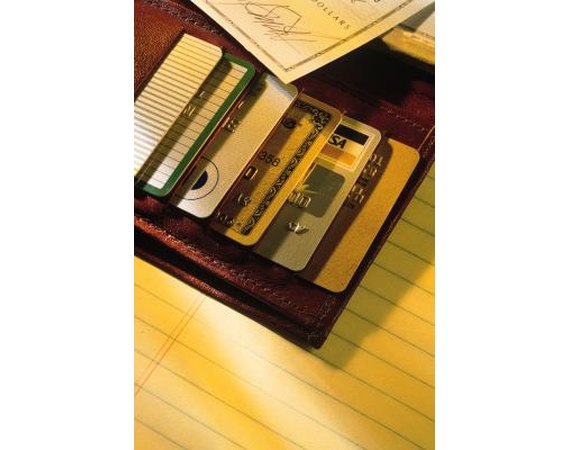
There's no telling for sure how much your credit will drop if you close accounts that you have paid off. Every person's credit score is determined by a number of variables including payment history, length of credit history, amounts owed, new credit and types of credit. Closing an account may affect one or more of these variables negatively and cause your credit score to go down, but it may also be in your best interest to close accounts if the fees are too high or if you won't be shopping for a loan soon.
Payment History
You may be hesitant to close an account because you fear losing your payment history; however, even after you pay off a credit card and close the account, your payment history may still be available on your file for at least 10 years. Whether open or closed, an account will be a factor in determining your credit score as long as it remains on your credit report.
Amounts Owed
The second biggest hike to your credit score comes from paying down account balances. Approximately 30 percent of your credit score is calculated based on the amount you owe on your credit cards and the total amount of credit you have available. If you have just paid off some credit cards, you will have decreased the ratio of amounts owed to available credit, and thus increased your credit score. Closing accounts with no balances will most likely negatively affect your credit score.
Length of Credit History
Your length of credit history accounts for approximately 15 percent of your credit score. If you close accounts that you have had for a long time your score may go down. Your score is also likely to go down if you opened a lot of new accounts recently but decide to close some of your older accounts.
Type of Credit
A portion of your credit score comes from your having different types of credit, and if you eliminate one form of credit from the mix your score may go down. If you have a choice between closing a bank or department store card, choose the department store card. Your credit score will suffer less if you close a department store card than if you close a bank card unless your department store card has the longest history and you only acquired your other cards recently.












